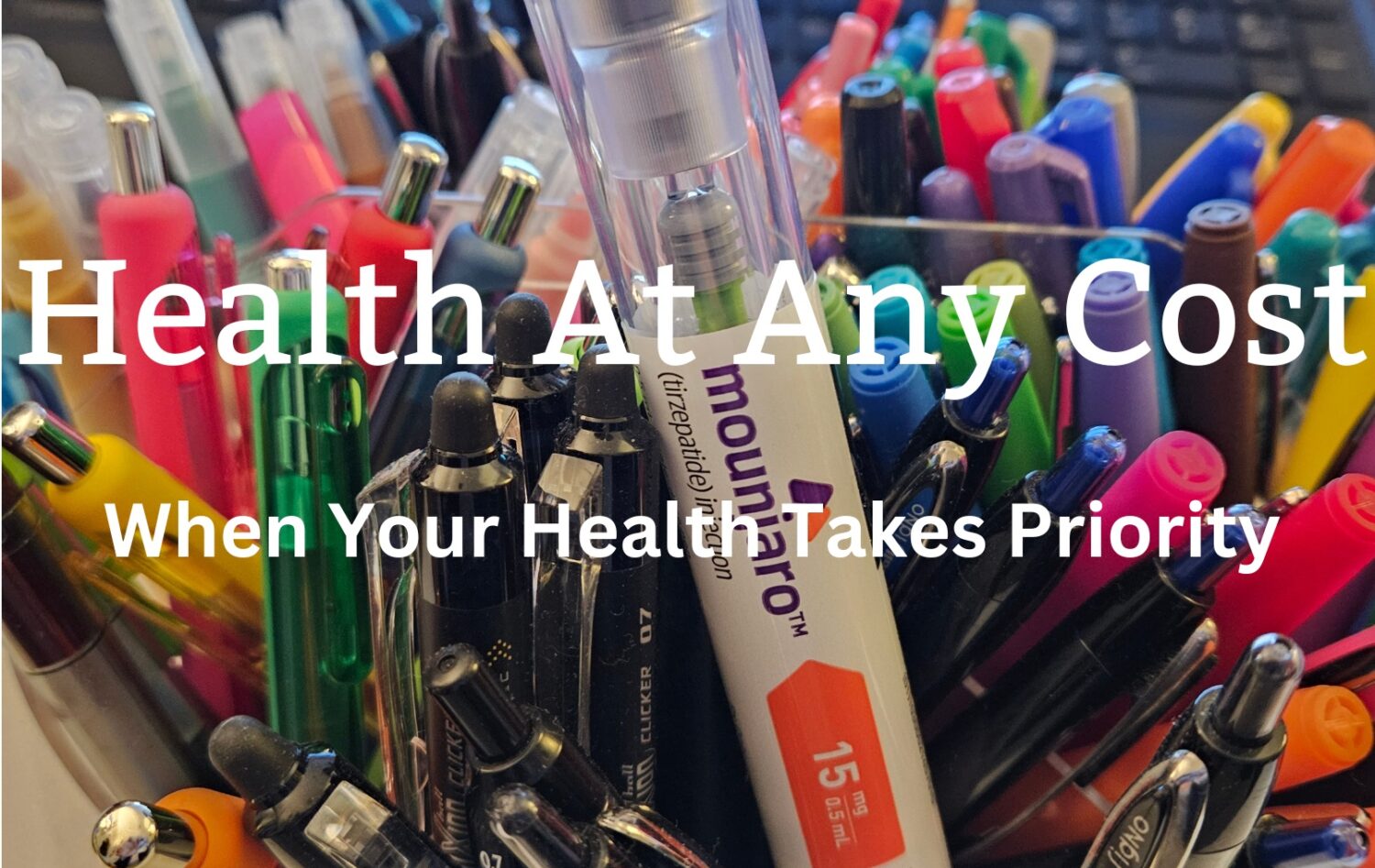On the heels of my “GLP-1 Pregnancy Concerns” post, I wanted to write more about women getting pregnant when on any of the GLP-1s (including semaglutide and tirzepatide). This topic has not been written about that I can find yet, so if you know places I can get more information, please let me know in the comments. We do have information that came out of post-Weight Loss Surgery pregnancies, so that is helpful regarding eating limitations, but the surgeries and the GLP-1 pregnancies will be vastly different.
Creation of a Sub-Specialty in Obstetrics
I can see the sub-specialty of a Bariatric Obstetrician. That might not be what they are called, though. I vote for Bariatric OB, Bariatric Neonatologist, Bariatric CNM, Bariatric NP, etc. A Bariatric Lactation Consultant? (I haven’t even gotten to talking about nursing on the GLP-1s yet! Another post.)
I totally see an Obstetric Bariatrics practice that women would choose to go to for their specialty.
A related question: Will all women who get pregnant on the GLP-1s receive the designation “High Risk Pregnancy,” mainly because of my concerns I mention below?

Losing Weight in Pregnancy
As I talked about in the previous post, women might not know they are pregnant when they are on the medication. Perhaps they had had irregular cycles because of Insulin Resistance, PCOS, or other biochemical reasons. Anytime I was over 220 pounds, I had a period once or twice a year at the most. That meant pretty much after I had my third baby when I was 25 years old. Cycles like that are not uncommon for women with insulin issues in their bodies.
One major concern about getting pregnant on the GLP-1s and not knowing, is the lack of hunger and the slow digestive processes that can affect the fetus. For myself, I’m swimming in ketones because of the small amount of food I’m eating. I’m not pregnant or nursing, so it isn’t a crisis for me. Ketones in pregnancy however, can indicate a few things, all of which need to be checked out. From the woman needing to eat more food to possibly having Gestational Diabetes, all of these will need to be examined to keep her and the baby safe.
Gaining Weight in Pregnancy
When the woman realizes she’s pregnant and is required to stop the GLP-1 she’s on, the research is pretty clear that people regain most of their lost weight, sometimes very quickly. Whether the woman was on the GLP-1 for a diabetic reason or to lose weight, weight gain in pregnancy can be devastating. Not just emotionally or socially, but medically as well.
Weight isn’t the only thing that reverses when the GLP-1s are stopped. Blood pressure rises, the HbA1c goes up, and positive cholesterol changes also go back to where they were before the medications. There’s great information about the GLP-1s reducing the risk of heart disease and even heart attacks. What’s going to happen when those positive benefits are taken away?
All of these are going to affect the pregnant woman and, possibly, her baby.

Will Removing GLP-1s Cause the
Creation of Medical Events?
I am not a mother-baby specialist, but merely a former Licensed and Certified Professional Midwife. Yet, I’ve always been fascinated by the studies done over the decades with mothers and babies in mind.
With the GLP-1s, there is nothing yet (that I can find). I have to believe people are doing studies, but have just not been published yet because the studies are still in their early phases. I can’t wait to see what they will find.
I wonder if they will find that when pregnant women stop the GLP-1s and the GLP-1/GIP (and newer triple agonists yet to be born):
- Pre-eclampsia in pregnant and postpartum women increases.
- Gestational Diabetes careens into the woman’s metabolic system soon after the medications are removed, requiring earlier intervention and possible difficulty in glucose control. I can see remote CGMs becoming standard issue for all post GLP-1 women.
- Blood pressure might be wonky and remote blood pressure monitoring needs to be done to keep a close eye on early changes.
- Periodic heart monitoring to see if there are cardiac changes post-GLP-1s and subsequent iterations.
- Required diet counseling will be crucial for all clients who took GLP-1s.
- Mental/Emotional Health Counselors might become part of the practice as women cope with the major changes they didn’t expect. Besides weight gain, also the precariousness of complications.
I’m still thinking and will add more as they occur to me.
Remember: I LOOOOVVVVEEEE My Mounjaro!!
None of what I am sharing about pregnancy and nursing with the GLP-1s minimizes my adoration of my own GLP-1s (Trulicity/Dulaglutide and Mounjaro/Tirzepatide). I simply believe these topics must become part of the conversation when we talk about the medications. While they are still in their early stages, it’s never too soon to talk about maternal or fetal safety.
I do have ideas for how to prevent pregnancy when on the meds, too. That will be the shortest and easiest post of all.
(Spoiler: PROTECTION!)
I look forward to hearing your comments about anything I might have missed.

